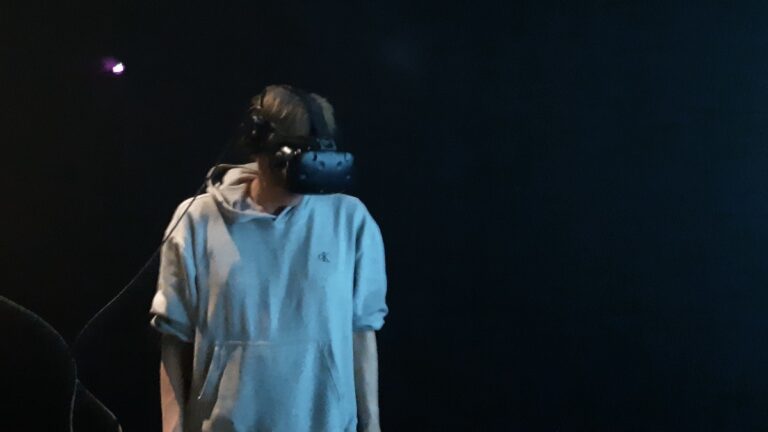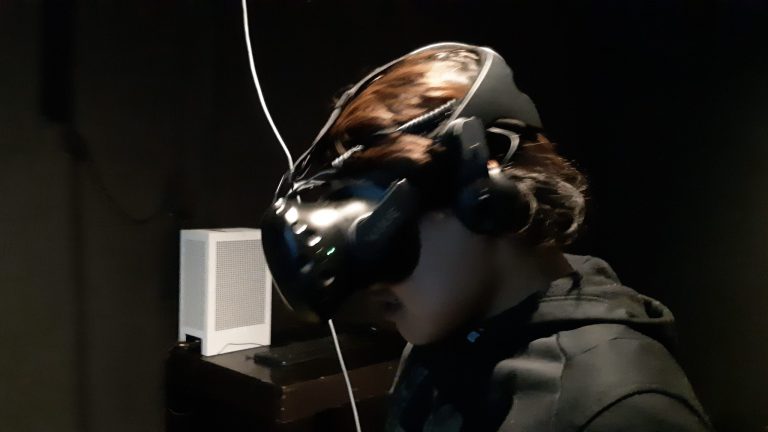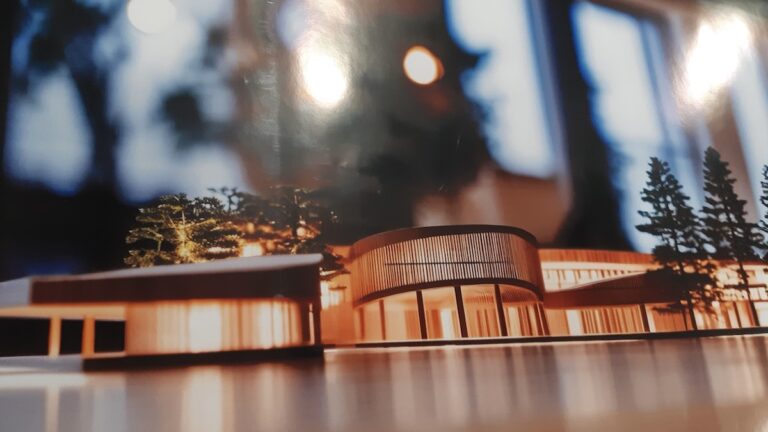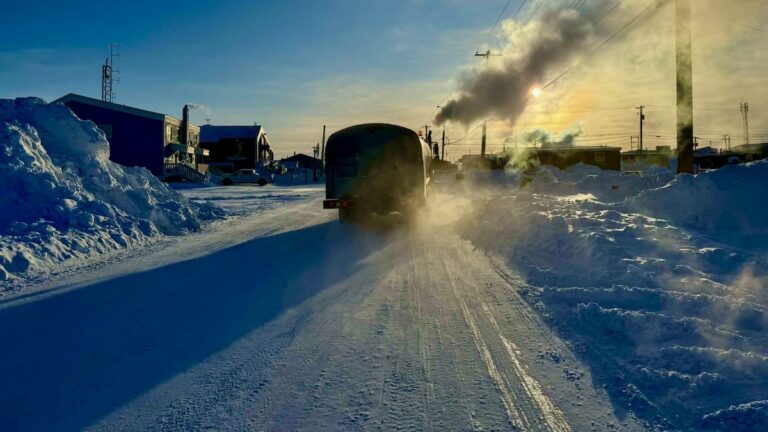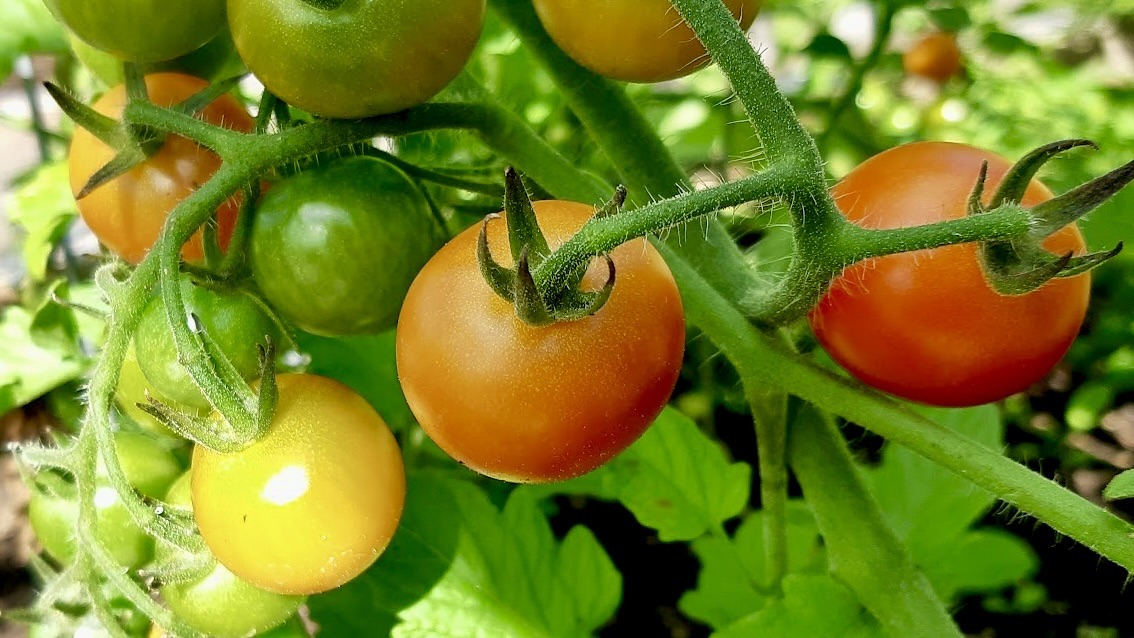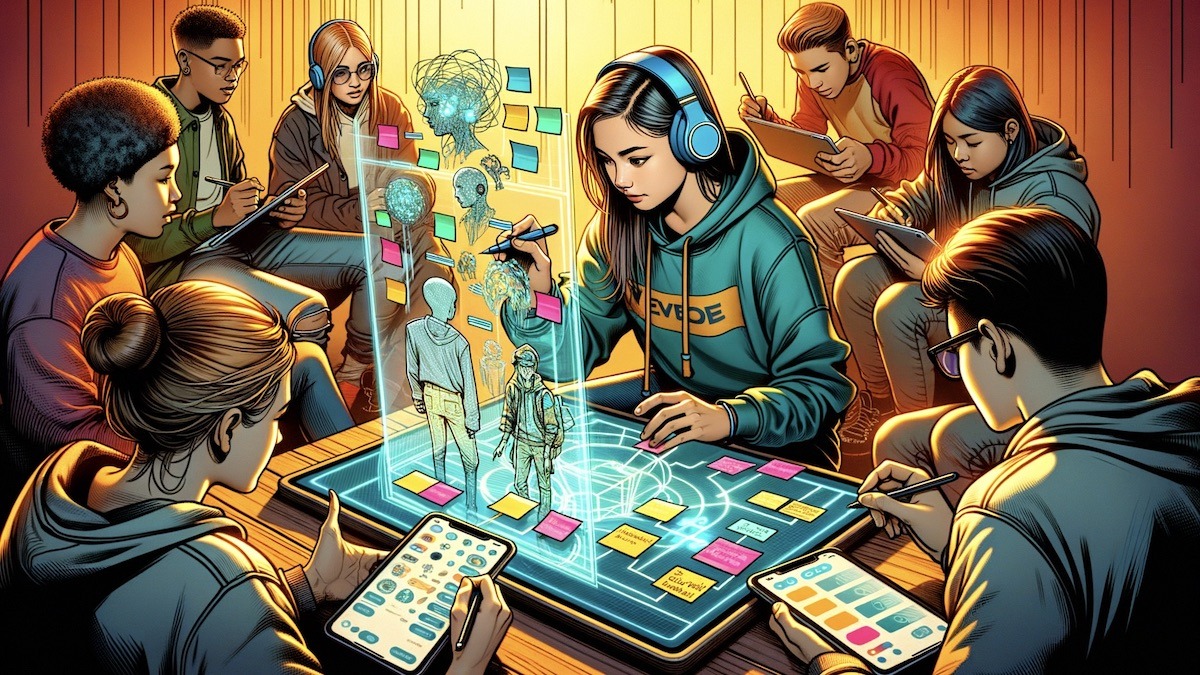
The dedication of recreation professionals makes moments like these possible. New technologies, including AI, offer promising ways to support these practitioners, freeing up time for direct community engagement and enhancing their ability to deliver impactful programs.
Navigating Workforce Shortages and Expanding Reach
Many small and northern recreation programs and non-profits face significant capacity challenges, often struggling with workforce shortages and limited resources. These challenges can hinder their ability to deliver vital services that enhance community well-being. Technology and innovation offer a promising avenue to address these issues, allowing organizations to maximize their impact and build a more resilient recreation sector.
The Framework for Recreation in Canada (2024 Update) emphasizes the importance of Recreation Capacity Building as a core principle. This involves developing the human, organizational, and systemic resources needed to effectively plan, deliver, lead, and maintain recreation services. A critical shortage of frontline staff, trained practitioners, and facility operators, particularly in rural and northern communities, directly impacts this capacity, as seen with the challenges faced by aquatic programs during the COVID-19 pandemic.
Technology offers a range of opportunities for innovation and enhanced efficiency in building recreation capacity. Hybrid models, combining in-person and digital delivery, can broaden reach and accommodate diverse preferences, making participation easier for many. While increased screen time and digital poverty remain concerns, the potential for virtual programming to overcome geographical barriers and enhance accessibility is undeniable.
Artificial intelligence (AI), in particular, presents a compelling frontier for recreation. While the sector is still developing a comprehensive understanding of its impacts, organizations like The Arts Incubator are already demonstrating how AI can be strategically integrated into arts-based recreation initiatives to build capacity. Their work, which blends traditional knowledge with modern innovation, offers valuable insights for the broader recreation field.
Tony Eetak, a Winnipeg-based youth artist and key contributor to community-driven arts projects like the Winnipeg Arts Incubator and Art Borups Corners—initiatives that bridge art, technology, and AI with support from the OpenAI Researcher Access Program since May 2024—spoke to the importance of investing in young creatives:
“Many young artists want to remain in their communities and create something lasting, but the pathways to do so aren’t always clear,” Eetak said. “Programs that teach us about AI can be all about about equipping us with the skills, networks, and support we need to transform our ideas into real opportunities.”
His mother, Lucy, agrees.
“There are good chances now for youth to take on work that needs doing in the North. They can learn while they grow,” she said. “These tools like AI can help us get things done that we find hard. Young people can start building something real in our own communities, not somewhere else.”
Jamie Bell, a Winnipeg-based interdisciplinary artist, strategist, whose work with community artists is supported in part by the OpenAI Researcher Access Program—emphasizes the importance of long-term, sustainable structures to support artists and transform the future of the arts and recreation sectors.
“This isn’t just about experimenting with AI and generating pictures—it’s about giving artists and community leaders the training and tools to integrate it meaningfully into recreation and capacity building. We’ve learned a lot this past year, using AI to focus on developing the skills, governance, and leadership pathways that will allow northern and Indigenous communities to shape how these technologies are used, not just adapt to them.”
AI in Action: Building Skills, Boosting Arts and Recreation Capacity
“We’re building our own tools now,” said Tony. “We work as a team, and with other towns and places, and we use the AI to help us code things like databases and scripts. It’s hard to learn at first, but after a while it gets easier.”
AI for Automation, Enhanced Creativity and Efficiency: AI tools can be invaluable for boosting creativity and collaboration, especially for artists and recreation professionals in isolated northern communities with limited access to collaborators. AI can help explore new media, while also assisting administrators with routine administrative tasks such as organizing archives, managing contacts, and drafting reports. Automating these processes, staff can dedicate more time and energy to strategic work like community engagement and direct program delivery. This directly supports the Framework’s goal of building a skilled and diverse workforce, allowing existing staff to focus on higher-value activities.
Skill Development and Workforce Preparation: Integrating AI into skill-building programs can equip participants with the tools needed for future career paths in digital recreation. Initiatives like “Digital Arts for Cultural Entrepreneurship” or “Vibe Coding,” which explicitly use AI tools like ChatGPT and DALL·E, can democratize artistic expression and build technical fluency. This prepares individuals for new roles and strengthens the overall capacity of the recreation workforce, aligning with the Framework’s emphasis on developing human resources.
Youth Leadership and Empowerment: AI can empower Indigenous youth creators by fostering digital literacy, challenging algorithmic biases, and allowing them to assert authority over cultural portrayals in digital spaces. AI tools can help early-career individuals achieve the performance of more experienced teams, building confidence and fostering a new generation of recreation leaders. This contributes to the Framework’s focus on fostering leadership and promoting inclusive participation.
Innovative Program Delivery and Knowledge Mobilization: AI-enhanced projects, such as virtual galleries with AI-informed guides, offer innovative ways to present work and engage audiences. AI can also play a role in collecting, interpreting, and presenting data on program impact through creative means, helping to demonstrate the sector’s value and secure vital resources—a key aspect of ensuring sustainable recreation services.
However, the thoughtful implementation of AI is key. Training and capacity building programs need to be culturally sensitive, community-grounded, and accessible. It is critical to ensure that AI tools respect Indigenous knowledge systems and address ethical concerns around cultural appropriation and intellectual property.
Reflective Questions for Arts and Recreation Leaders:
- What ethical considerations and potential challenges, such as digital equity and cultural appropriateness, must be addressed when integrating AI into recreation programming, especially when working with equity-denied or Indigenous communities?
- How can recreation organizations explore the potential of AI tools to support administrative tasks and free up staff time for direct service delivery and community engagement?
- What training and development opportunities, potentially leveraging AI or digital platforms, can be offered to equip both staff and volunteers with the skills needed in a changing technological landscape, particularly for addressing workforce shortages?
- How can AI and digital tools be used to better collect, analyze, and present data on recreation program impact, making a stronger case for resource allocation and showcasing the sector’s value?
Summer Learning in Recreation
This summer, we’re diving deeper into critical topics for recreation professionals, focusing on effective program design and robust capacity building. A cornerstone of our learning journey is the Framework for Recreation in Canada (2024 Update). As we’ve seen with this short look at placemaking, the Framework offers invaluable guidance, providing principles and strategies that help us create more impactful and inclusive recreation opportunities.
Throughout the coming weeks, we’ll continue to explore how its goals and strategic ideas can be applied directly to the challenges and opportunities faced by local, rural, Indigenous, and northern communities, arts and recreation programs. Stay tuned for more insights as we work together to build a stronger recreation sectors.

